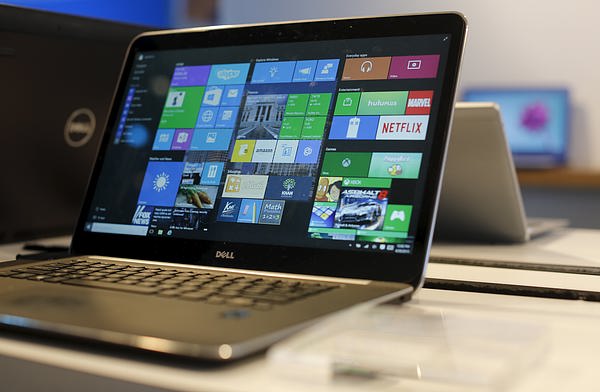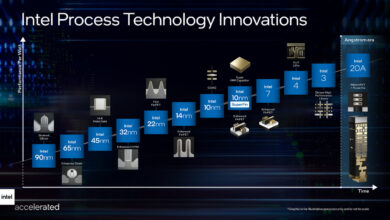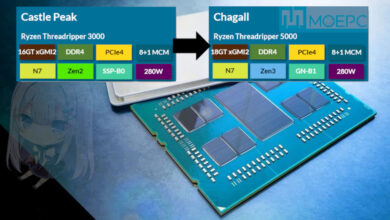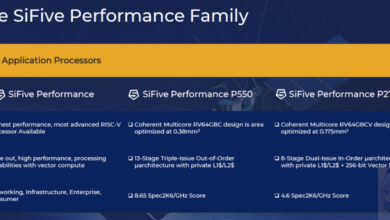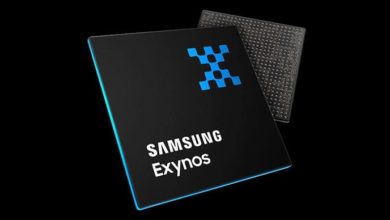微软表示安全性更新会明显拖慢老电脑的速度
我们一直被警告填补 Meltdown 和 Spectre 漏洞的更新会拖慢电脑速度,但究竟有多严重?微软自己跑了一系列的测试,发现第六代 Core i 处理器或更新的 Intel 处理器,大约只有「个位数百分比」的速度影响,基本上很难感觉到差异,但如果是更老的电脑的话,就会有更明显的感受了。
简单来说,新的 Intel 处理器不需要花太多的功夫来限制分支预测功能的使用,因此受到的影响较小,但老电脑就没有这方面的能力了。除了处理器之外,Windows 的版本也会影响速度 — Windows 10 在切换使用者与 Kernal 内存时用的是比较先进的方式,所以就算硬件相同,跑 Windows 7 或 Windows 8 的老电脑也会比较慢一点。
两者相加,整起 Meltdown / Spectre 事件感觉好像是软硬件商合作要逼人升级电脑一样。由于近期硬件速度的增长幅度大于软件的需求,因此不少四年、五年甚至更老的电脑在一般工作上都还能胜任愉快,使用者也没有什么升级的意愿。经过这次的漏洞之后,应该会有不少人考虑在下一代硬件推出后换新吧?毕竟换成没有安全顾虑的硬件,好像是个升级的好理由呢。
经由: Engadget
来源: Microsoft Secure
Microsoft Secure原文节选:
With Windows 10 on newer silicon (2016-era PCs with Skylake, Kabylake or newer CPU), benchmarks show single-digit slowdowns, but we don’t expect most users to notice a change because these percentages are reflected in milliseconds.
With Windows 10 on older silicon (2015-era PCs with Haswell or older CPU), some benchmarks show more significant slowdowns, and we expect that some users will notice a decrease in system performance.
With Windows 8 and Windows 7 on older silicon (2015-era PCs with Haswell or older CPU), we expect most users to notice a decrease in system performance.
Windows Server on any silicon, especially in any IO-intensive application, shows a more significant performance impact when you enable the mitigations to isolate untrusted code within a Windows Server instance. This is why you want to be careful to evaluate the risk of untrusted code for each Windows Server instance, and balance the security versus performance tradeoff for your environment.
